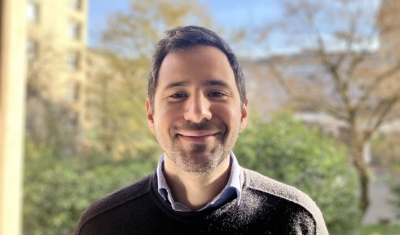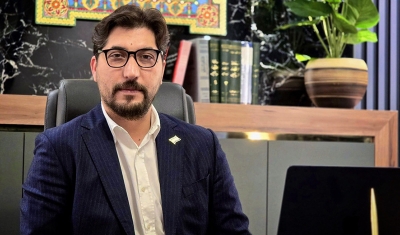Ritika Sharma, LLM student in International Humanitarian Law and Human Rights was awarded the Henry Dunant Research Prize for her paper titled ‘Harnessing Hindu and Buddhist sources as “dictates of the public conscience”: a gap-filler to address sexual violence against women during conduct of hostilities’.
The jury of the Henry Dunant Research Prize, including Professor Paola Gaeta, Anne Quintin (ICRC), Caty Clément (Foundation Prix Henry Dunant), Morgane Desboeufs (Foundation Prix Henry Dunant), and Dr Clotilde Pégorier, honoured the paper as it not only displayed exceptional academic quality but also delved into current topics that align with Henry Dunant's mission to protect victims of war and persecution, and feminism. Ms Sharma was not present at the ceremony, but a video message was played with her acceptance speech.
‘The paper of Ms Sharma is in line with the themes and combats of Henry Dunant and is of high quality in terms of research. Ms Sharma also tackled a very topical question in an original fashion with the focus on non-Abrahamic religions’ explains our Head of Education Dr Clotilde Pégorier.











